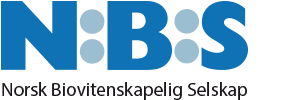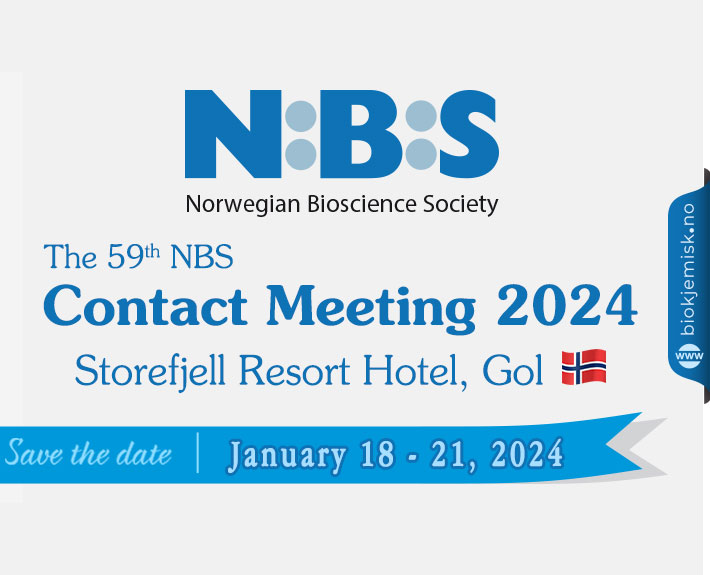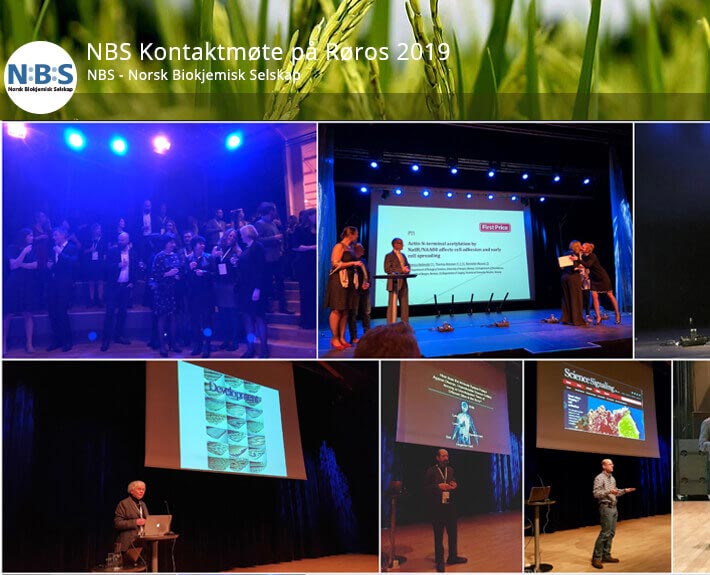Hans Prydz Guest Lecture and Norwegian Biochemical Society – Oslo (BIG) Lecture by Professor John D. Scott, FRS
Title: Guiding signals through anchored enzyme complexes: implications for disease
Abstract: Intracellular signal transduction events are precisely regulated in space and time. This is achieved in part by A-Kinase Anchoring Proteins (AKAPs) that tether a variety of protein kinases and phosphatases in proximity to selected substrates. AKAP targeting provides an efficient means to reversibly control the phosphorylation status of key substrates and contributes to the dynamic regulation of sophisticated cellular pathways. Using biochemical, genetic, and super-resolution imaging techniques we show that the anchoring protein Gravin enhances the precision of cellular signaling at the spindle poles of cells undergoing mitosis. In particular, Gravin functions to assemble a kinase signaling scaffold that comprises of Aurora A and Polo-like kinase 1, two enzymes that govern passage through the mammalian cell cycle. More clinically relevant studies have discovered that aberrant Gravin signaling contributes to pathological changes in the mitotic index and polarized division of cancer cells in common germline derived tumors such as testicular seminomas.
Time and place: Oct 13, 2015 01:00 PM – 02:00 PM, Runde auditorium (R-105), Domus Medica tilbygg, Sognsvannsveien 9, Oslo.
About: Professor John D. Scott and his group are located at the Howard Hughes Medical Institute, Department of Pharmacology, University of Washington, Seattle, US. The Scott research group is interested in understanding the specificity of signal transduction events that are controlled by anchoring proteins. Anchoring proteins facilitate rapid signal transduction by optimally positioning protein kinases and phosphatases in the vicinity of their activating signals and close to their substrates.
Organized by: Biotechnology Centre / Centre for Molecular Medicine Norway (NCMM), UiO
Co-organized by: NBS-Oslo (BIG)
Contact: Kjetil Taskén, Professor of Medicine, M.D., Ph.D.
Open link



Leave a Reply
Want to join the discussion?Feel free to contribute!